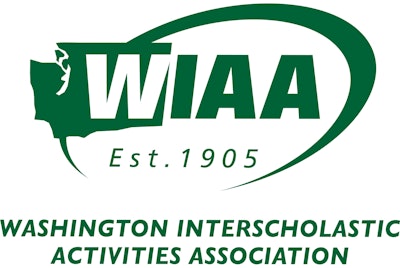
The Washington Interscholastic Activities Association announced it has proposed an amendment to create a separate athletic program for transgender student-athletes.
As reported by NBC affiliate KNDU in Yakima, citing an announcement from the WIAA, the proposed amendment would help clarify rules for trans student-athletes and establish an “open division” for athletes wishing to compete based on their gender identity, while maintaining separate divisions for boys’ and girls’ sports.
The WIAA’s proposal states that girls' sports would be restricted to athletes assigned female at birth, due to concerns about physical advantages in competition. Trans athletes could participate in the open division, which would be available to all students regardless of gender identity.
In the proposal, supporters argue that the policy would ensure fair competition and inclusivity. However, critics raise concerns about potential discrimination and legal challenges. The WIAA also notes questions about implementing an appeal process, which could involve medical evaluations, and how the policy would apply to intersex athletes.
The Cleveland Clinic in Ohio defines intersex individuals are defined as having genitals, chromosomes or reproductive organs that don’t fit into a male/female sex binary. Their genitals might not match their reproductive organs, or they may have traits of both. Being intersex may be evident at birth, childhood, later in adulthood or never.
“By designating an open division category for sports, this amendment will preserve the equality of opportunity to participate in athletics while simultaneously creating a delineating category for different genders: boys versus boys; girls versus girls; and transgender versus transgender or transgender versus nonbinary,” the proposal states.
Several school districts in Washington state have expressed support for the amendment, including Eastmont, Cashmere, Colville, Lynden, Mead, Moses Lake and Thorp school districts, KNDU reported.
It's unclear how many high school aged transgender individuals live in Washington, or how many desire to play high school sports. In other states, such as North Carolina, which has enacted a ban on transgender individuals from participating in sports, the number was believed to be 15 as of April 2023, according to an Associated Press report cited by Newsweek. Of those, only two were transgender girls.
It begs the question whether transgender-dedicated sports divisions within any high school state association are feasible or sustainable.

































